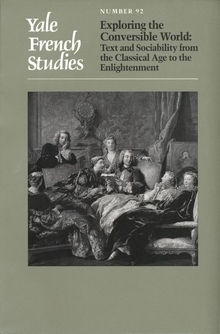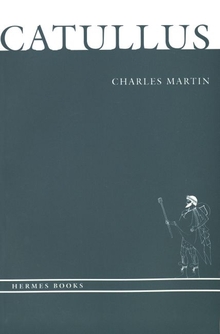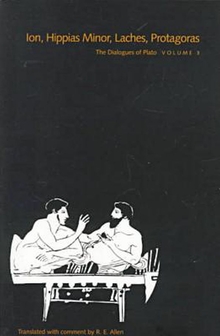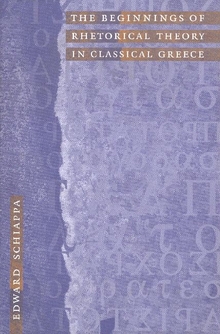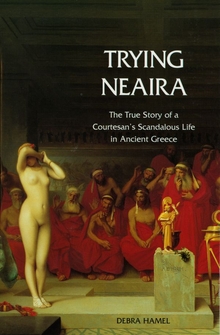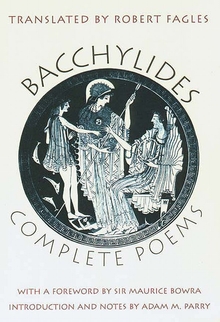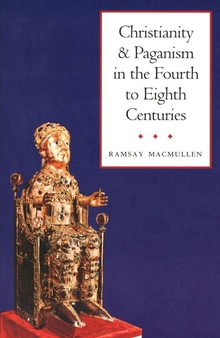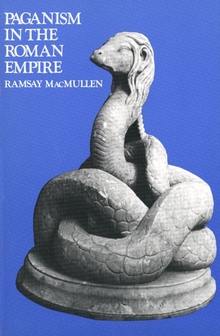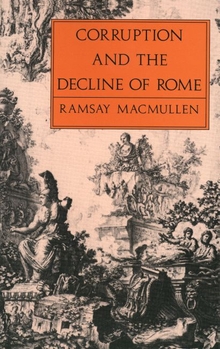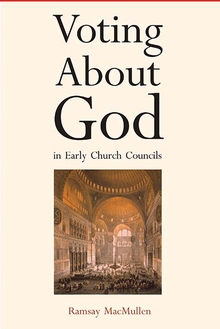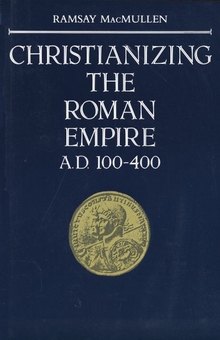Romanization in the Time of Augustus
WARNING
You are viewing an older version of the Yalebooks website. Please visit out new website with more updated information and a better user experience: https://www.yalebooks.com
Ramsay MacMullen
Out of Print
During the lifetime of Augustus (from 63 B.C. to A.D. 14), Roman civilization spread at a remarkable rate throughout the ancient world, influencing such areas as art and architecture, religion, law, local speech, city design, clothing, and leisure and family activities. In his newest book, Ramsay MacMullen investigates why the adoption of Roman ways was so prevalent during this period.
Drawing largely on archaeological sources, MacMullen discovers that during this period more than half a million Roman veterans were resettled in colonies overseas, and an additional hundred or more urban centers in the provinces took on normal Italian-Roman town constitutions. Great sums of expendable wealth came into the hands of ambitious Roman and local notables, some of which was spent in establishing and advertising Roman ways. MacMullen argues that acculturation of the ancient world was due not to cultural imperialism on the part of the conquerors but to eagerness of imitation among the conquered, and that the Romans were able to respond with surprisingly effective techniques of mass production and standardization.
Drawing largely on archaeological sources, MacMullen discovers that during this period more than half a million Roman veterans were resettled in colonies overseas, and an additional hundred or more urban centers in the provinces took on normal Italian-Roman town constitutions. Great sums of expendable wealth came into the hands of ambitious Roman and local notables, some of which was spent in establishing and advertising Roman ways. MacMullen argues that acculturation of the ancient world was due not to cultural imperialism on the part of the conquerors but to eagerness of imitation among the conquered, and that the Romans were able to respond with surprisingly effective techniques of mass production and standardization.
Ramsay MacMullen, Dunham Professor Emeritus of Classics and History at Yale University, is ceo of PastTimes Press. He is also the author of Christianity and Paganism in the Fourth to Eighth Centuries, Corruption and the Decline of Rome, Paganism in the Roman Empire, and Roman Social Relations, all published by Yale University Press.
A selection of Readers’ Subscription
“The book is a ‘must-buy.’ The work is original and important, the scholarship comprehensive, and the style clear and readable.”—Colin Wells, Trinity University
“[A] significant contribution to the understanding of what is meant by the term ‘Romanization.’”—R. I. Curtis, University of Georgia
“In his latest book, Ramsay MacMullen continues his enviable tradition of identifying a subject with wide implications and dealing with it concisely. The book is a timely contribution to our revitalized assessment of a pivotal period.”—Karl Galinsky, American Historical Review
“Whereas Romanization is sometimes touched on in other late republican and Augustan studies, MacMullen gives the subject the full treatment that it deserves. Romanization in the Time of Augustus will be of value to all who have a personal or professional interest in Roman civilization.”—Randolph H. Lytton, History
“This is a little gem of a book; its scholarship is what we have come to expect from its author, comprehensive and provocative. It is certain to become the starting point for students of the complex historical phenomenon of Romanization.”—Journal of Interdisciplinary History
“Fans of Ramsay MacMullen’s prolific output will find in this latest volume all the ingredients of his previous successes. . . . The writing is elegant and lucid. . . . This small book with its large theme is important enough to merit both attention and critical evaluation; and whether it inspires imitation or provokes a creative resistance, the scholarly community is lucky to have it.”—Greg Woolf, Journal of Roman Archaeology
“One of the most outstanding historians of the ancient world.”—Anthony A. Barrett, The Historian (refers to author)
“This is a challenging and stimulating work that should be read widely, if only to counter the current tendency to denigrate the many outstanding achievements of imperial Rome.”—Anthony A. Barrett, The Historian
“MacMullen’s study succeeds admirably. He has taken a huge body of complex material and produced attractive answers to important questions. His documentation is transparent and exemplary, allowing readers to follow him and check his conclusions at every turn. . . . Readers interested in the origins of their cultural patrimony will be well served by this book.”—Geoffrey Bakewell, Theological Studies
Ramsay MacMullen is the recipient of a lifetime Award for Scholarly Distinction from the American Historical Association (awarded Jan. 5, 2001). The citation begins, “Ramsay MacMullen is the greatest historian of the Roman Empire alive today.”
ISBN: 9780300082548
Publication Date: September 10, 2000
Publication Date: September 10, 2000
240 pages, x
20 b/w illus.
20 b/w illus.


